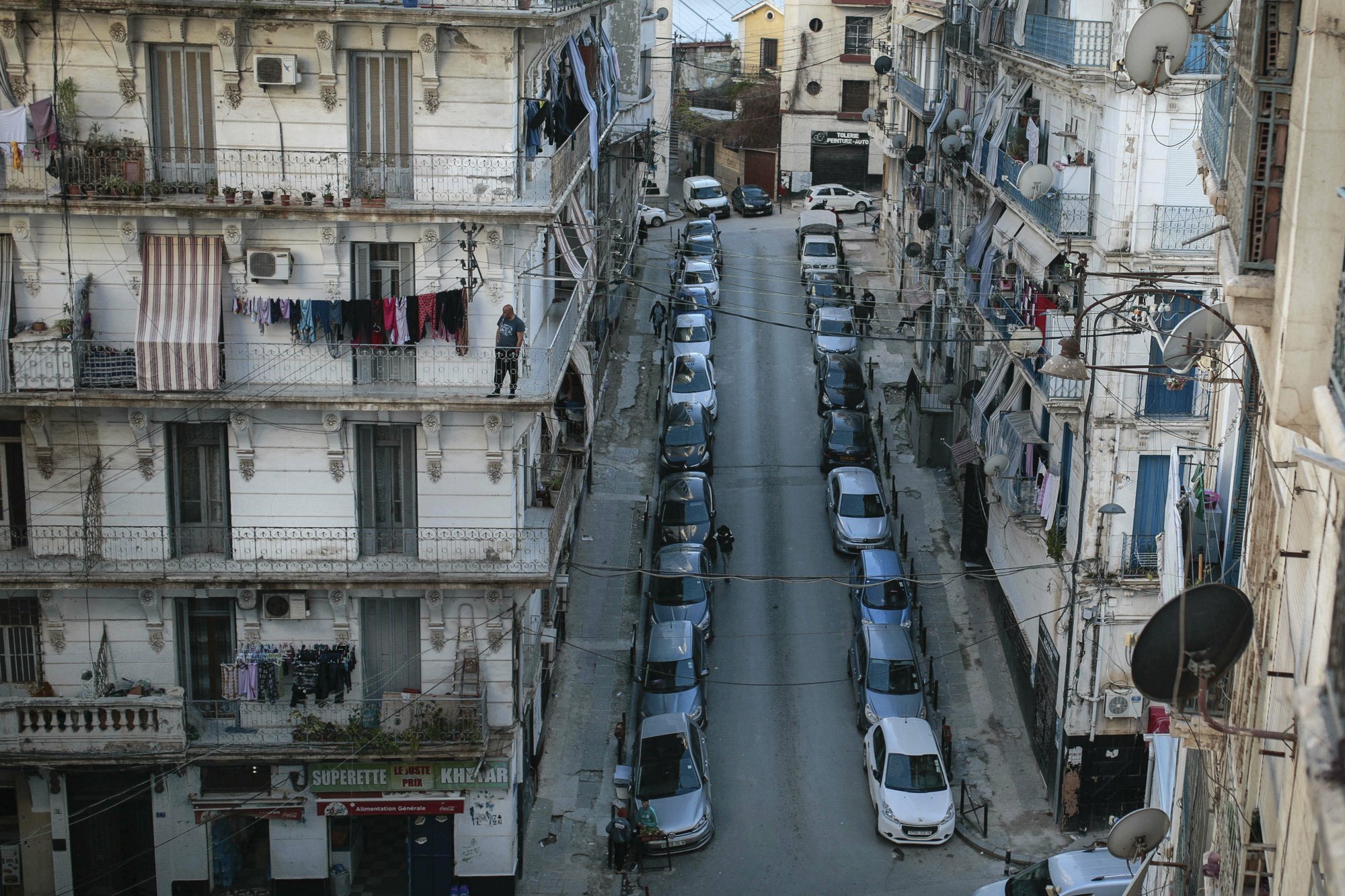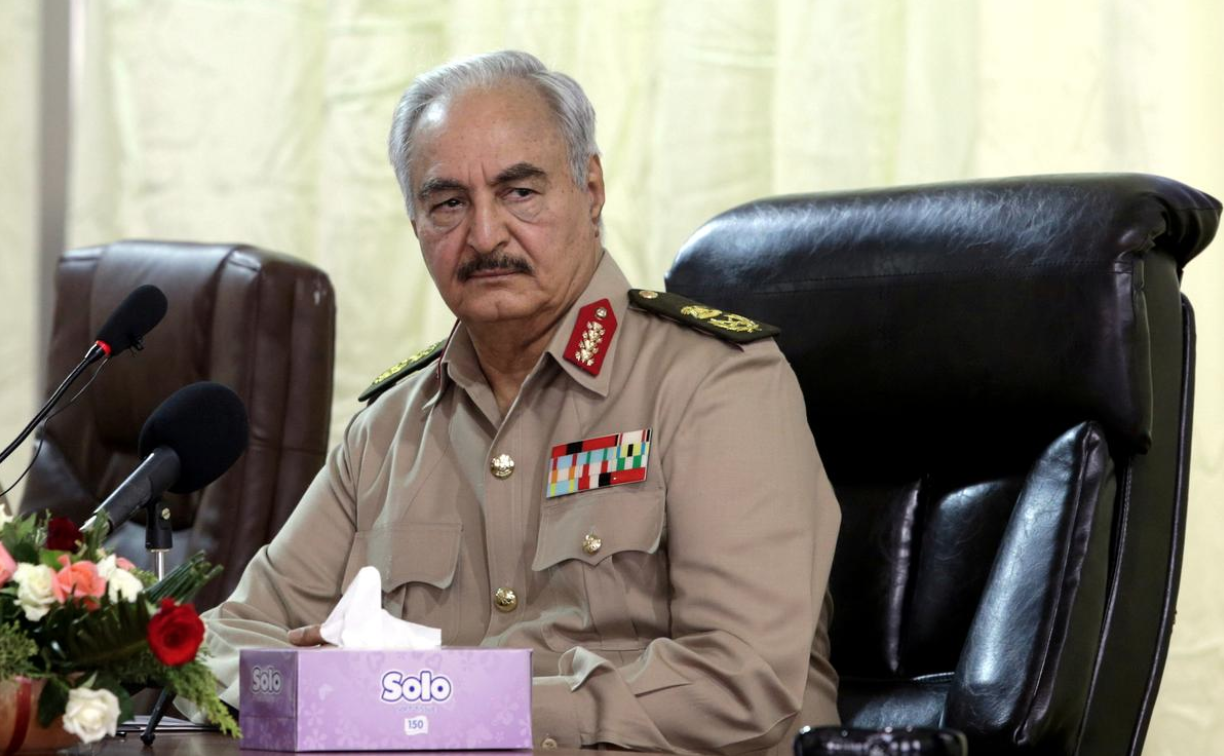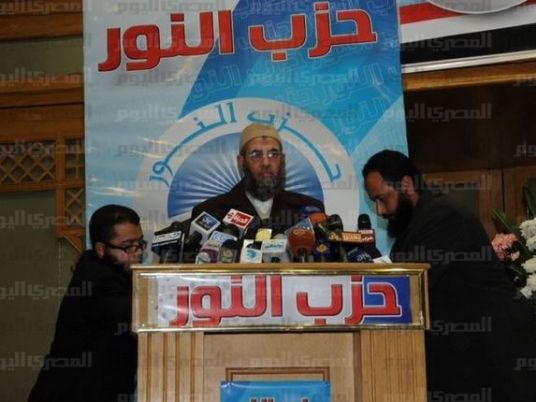As many of us are still in shock, pain and melancholy after the Alexandria church attack, lawyer Montaser al-Zayat has come out wondering why everyone is lamenting the loss of Christian lives when almost half of the incident’s victims, he claims, were Muslim.
Al-Zayat’s assertions have been proven wrong by personal accounts, by the names and pictures of the victims and, most importantly, by the data collected by state agencies. Does reality escape the well-known lawyer of Egyptian Islamist groups? Or does he know the truth and choose to conceal it?
Days after the attack, some Salafi websites tried to blame Copts living abroad for orchestrating the bombing. Some observers described these allegations as a bad joke. But even Hassan Nafaa, a reputed professor of political science at Cairo University, has expressed a similar view. In doing so he completely dismisses the attack on Christians at a Baghdad church in November, the subsequent threats by Al-Qaeda against Egypt’s Copts and the documented history of Islamist groups using violence as a political tool.
Neither the Salafis nor Nafaa provide evidence for their claims. Driven by feelings of marginalization, many expatriate Copts have indeed adopted sectarian views, which they commonly express on the internet or in protests before Egyptian embassies abroad. But they go no further than that. Moreover, they do not constitute a real movement nor do they belong to any organized political entity.
Attempts to blame expatriate Copts in the days following the attacks immediately failed. Advocates of this view tried to show that the attacker really targeted a space between the Church and an adjacent Mosque, not the Church itself. These claims were totally unfounded.
Those who propagate these claims–that Muslims were equally victimized or that Copts are responsible for the blast–do so not simply out of misinformation or analytical shortcoming. They have an ulterior motive: to distort the truth in order to minimize the implications of the incident.
From the earliest moments following the attack, it was clear that Egypt was regaining its sense collective conscience and the country was witnessing a moment of unity. Those who spread such claims seek to undermine this moment and paralyze Egypt’s capacity to confront the menace of sectarianism.
At this critical juncture we must all hold strong to our positions in the face of a growing threat. Those who muddy the waters and conceal the truth threaten our efforts to overcome the sectarian challenge. They must be seriously confronted.
Translated from the Arabic Edition.



